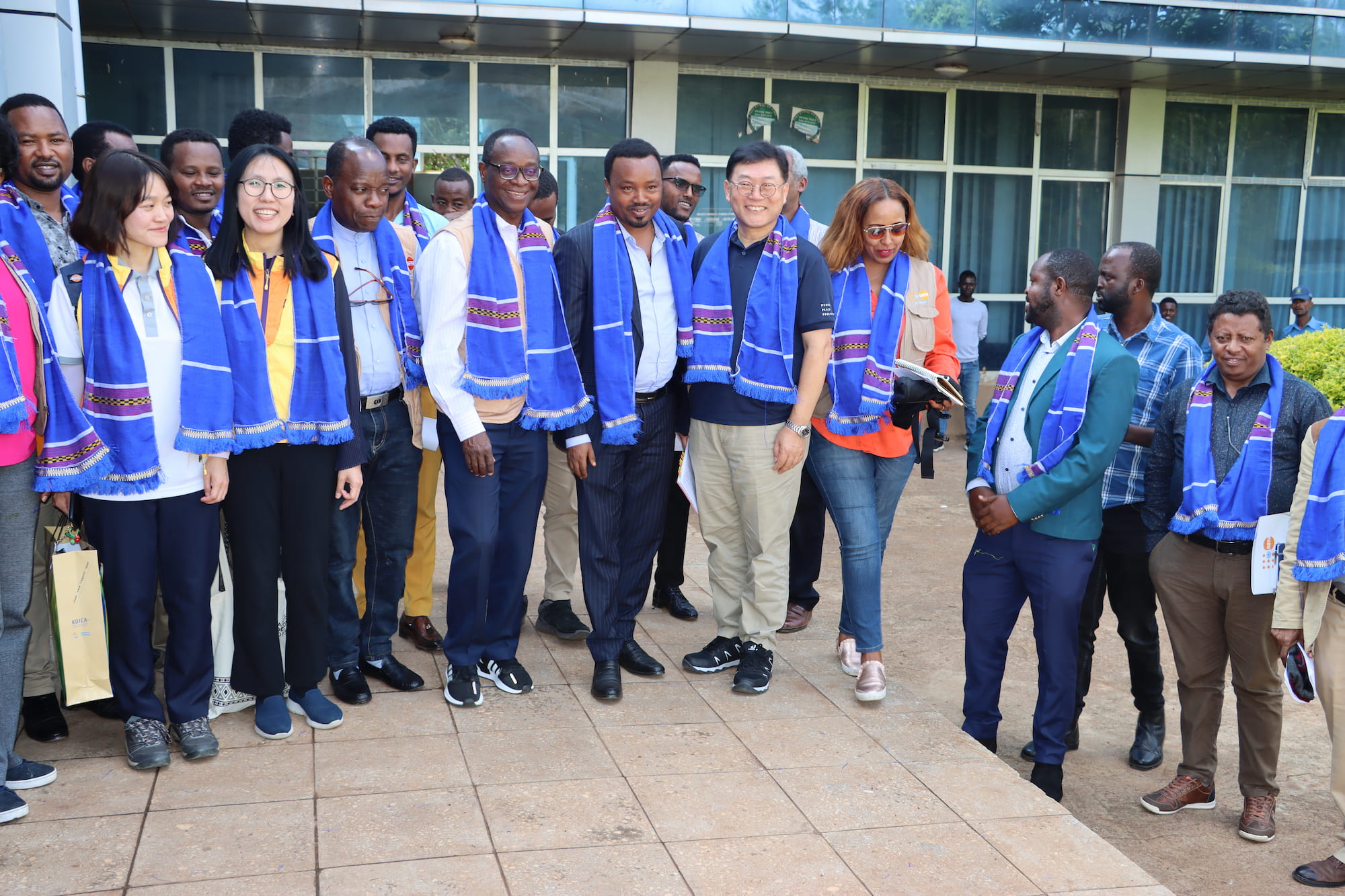

DSW Ethiopia Co-Hosts UNFPA-KOICA Donor Visits
The week-long high-level donor visits to DSW’s project have combined a number of activities beginning with an Annual Review Meeting (ARM) of stakeholders representing all UNFPA-supported projects in Dilla and Bule-Hora, located 294 km and 481 km south of the capital respectively . Following the two-day ARM co-hosted by DSW and UNFPA in Hawassa at the Rory Hotel on 6 – 7 November, the large group of team members from UNFPA, KOICA (Korea International Cooperation Agency) and DSW scheduled a series of watertight project tours, which split the events into six key activities in different locations.
The UNFPA team members led by Mr. Koffi Kouame, the country representative in Ethiopia and his deputy Mr. Taiwo Oluyomi and officials from KOICA Ethiopia, which includes its Country Director Mr. Lee Byunghwa have travelled a great length and took a close look at the project to determine the way forward. DSW Ethiopia was also represented by Country Director Feyera Assefa and his team members.
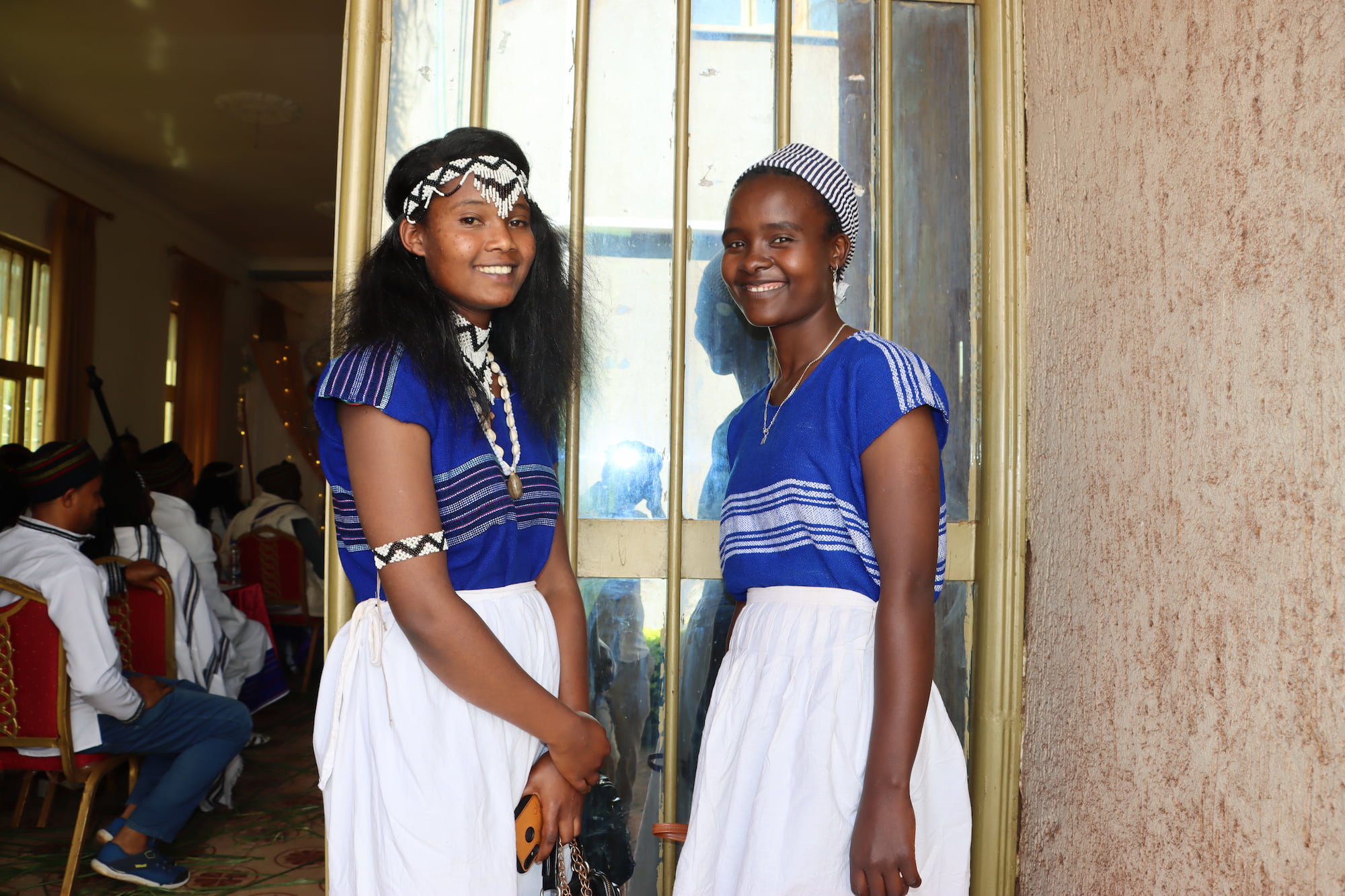
While Mr. Kouame cut short his trip from Yirgachefe to return back to Hawassa on 9 November 2023 to save time for his visit to another DSW project implemented in the Industrial Park, Feyera had to reschedule the arrangement and accompany the UNFPA official to Hawassa. Two members of DSW’s international team based in Hannover, Germany, Peter Kroll, Project Management Officer and Johanna Rosenwirth, Institutional Funding and Partnerships Officer, joined Mr. Kouame and Feyera to visit the workplace intervention at the Hawassa Industrial Park on Friday, 10 November.
The rest of the teams travelled further south as planned, spending another day on a study tour and interacting with project stakeholders and their activities in Bule-Hora.
In Dilla, Mr. Koffi Kouame was impressed by the commitment of the community and government stakeholders to the whole programme, as he listened to the welcome speech of Zinabu Wolde (PhD), Gedeo Zone Administrator, who praised the youth-focused intervention programme supported by UNFPA, funded by KOICA and implemented by DSW in partnership with the existing local government structures.
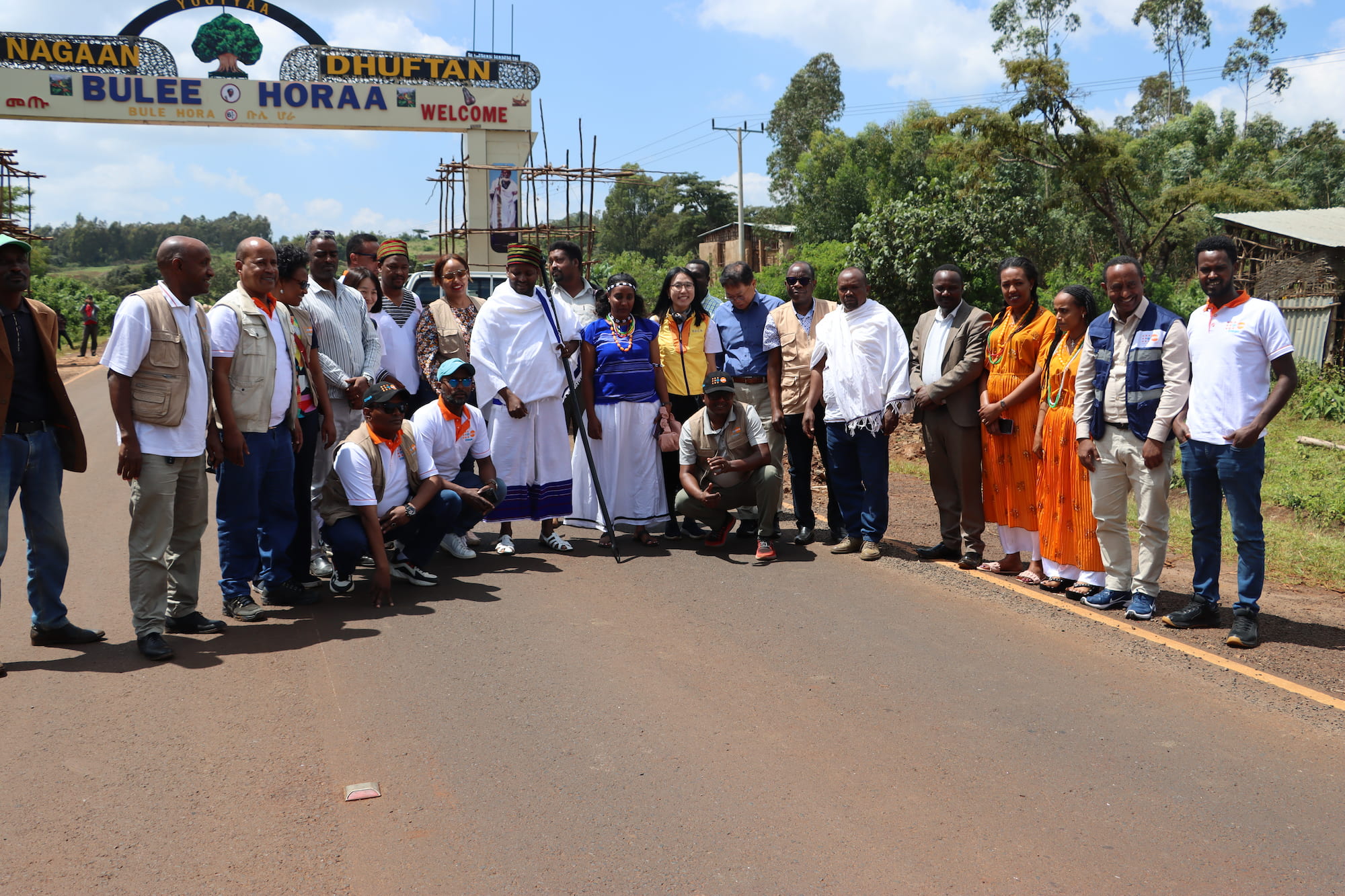
Further, Mr. Kouame pressed on the fact that the seeming trend in youth demographic bulge experienced by Ethiopia like those in the rest of Africa, the need for investment to get many of these youth to go to schools remains in a top tier development agenda. “This is the effort that KOICA is committed to in making a difference in the quality of life and sexual and reproductive health wellbeing of vulnerable youth. The productive future of young people depends on their ability and capacity to be empowered. That is why we needed to visit the project and observe the progress at this time of the year, when we can plan what to do in 2024 based on the lessons learned from these real-life situations,” the UNFPA official noted.
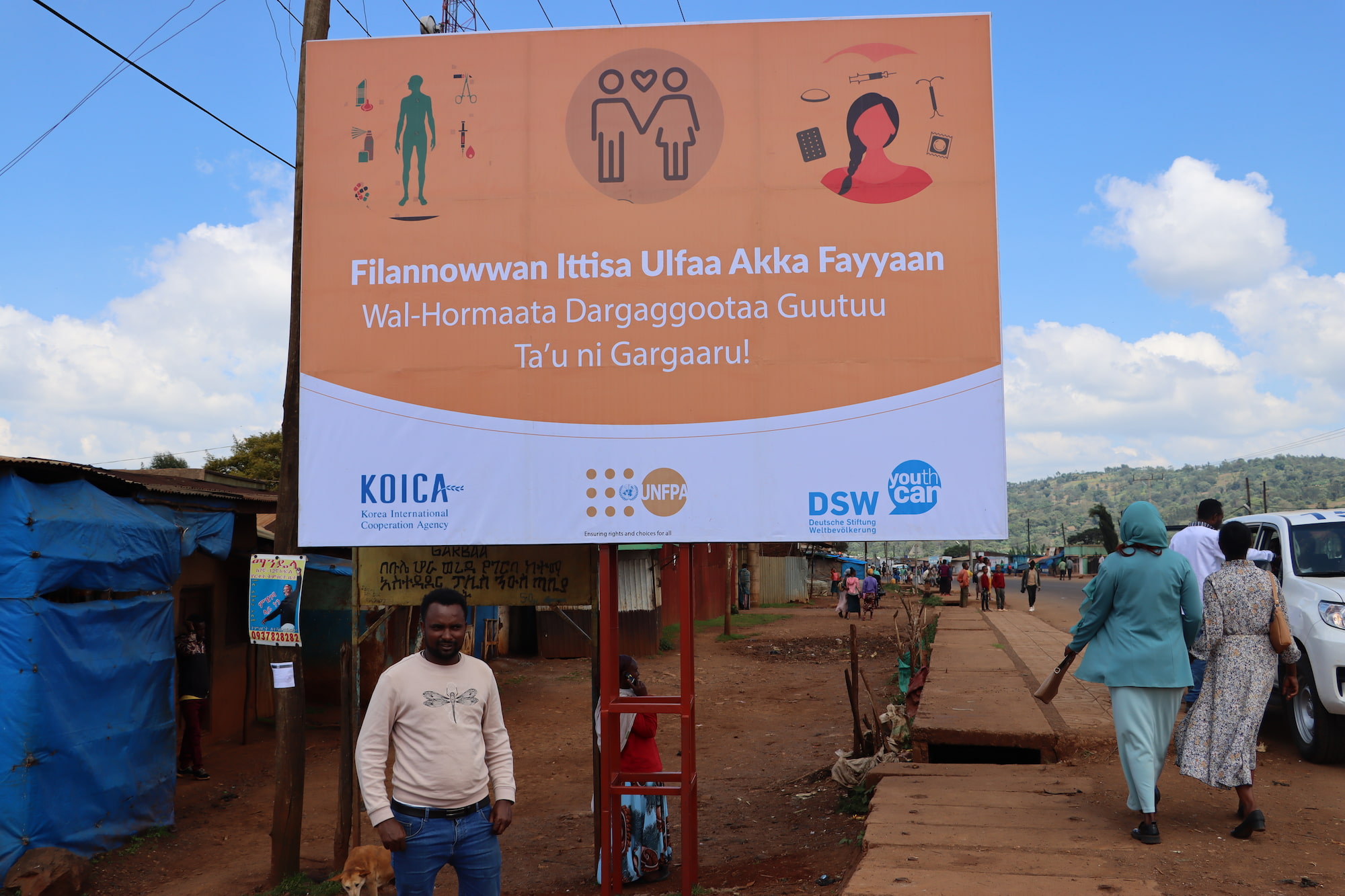
As the final leg of the field visit gathered momentum, each stakeholder recognised the benefits that so many young people have received through the support and funding of the projects under the UNFPA’s integrated program, which DSW has partnered to implement over the past four years. In response to the expected final words from KOICA, which has been funding and technically supporting the programme through UNFPA, Mr. Lee Byunghwa, Country Director of KOICA Ethiopia, has described the programme, which his office has been steadfastly supporting since 2019, as a success story, as he has observed a strong sense of ownership and commitment to the programme by the community leaders and other key stakeholders who have readily shown interest to ensure sustainability.
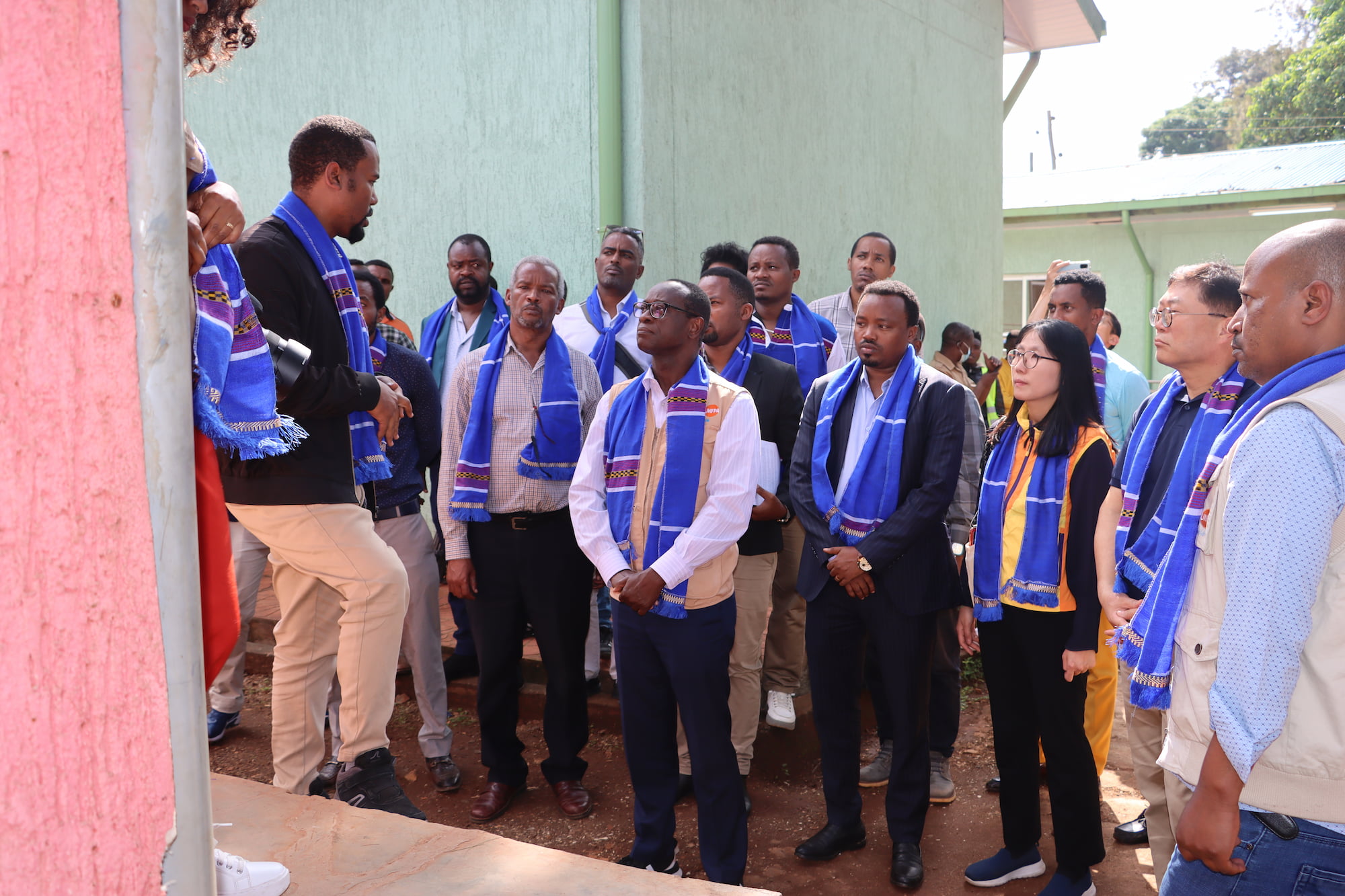
“More directly, part of our mission in Ethiopia, says Mr. Lee, is to work bilaterally with the Ethiopian government to ensure, among other things, that the capacity of health care providers is strengthened and that relevant development programmes prioritised by the Ethiopian government are supported, as well as media campaigns to promote the family planning programme. It is also our responsibility to support and contribute to youth development efforts in Ethiopia,” the KOICA official stressed.
Feyera Assefa, the Country Director of DSW Ethiopia, drew a positive conclusion from these high-level field visits. The most important thing worth lauding is the technical experience being gained by our team through the strategic partnership DSW maintains with UNFPA. A well-coordinated and organised field visit such as this brought all stakeholder to a common platform for further partnerships. The outcomes of our past efforts so far can be translated into important inputs for the upcoming 2024 planning meeting.
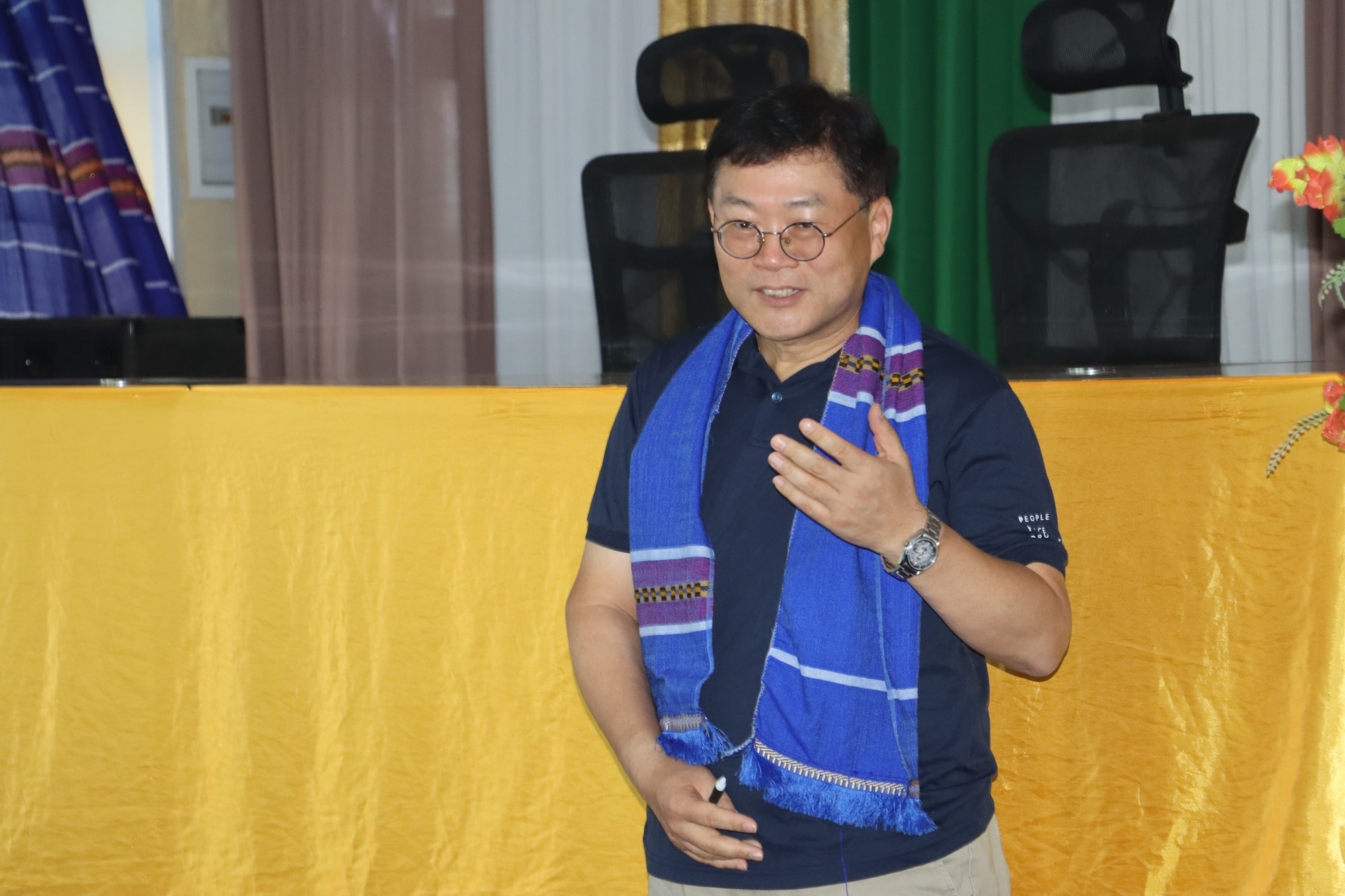
In terms of the relevance of DSW’s work, four key takeaway emerged that were of interest to the donors. The first to be highlighted was the Women and Girls’ Friendly Space (WGFS). It was strongly recommended that the WGFS be linked with the One-Stop-Centre for enhanced service delivery. The second point was related to the youth friendly clinics (YFCs) found at the health centres, which should be further strengthened in aligning and linking them with the closest grassroots community-based youth clubs.
During the debriefing, it was emphasised that the YFCs and the’ strong relationships of the youth clubs were seen as having the greatest impact on youth uptake of services. The third point mentioned was the need for the research activities conducted by Bule-Hora and Dilla universities to provide evidence-based data relevant to the programme in order to support the project objectives. The final point focussed on developing a strategy to scale up the intervention by integrating the sexual and reproductive health (SRH) issues with the livelihood needs of the youth.
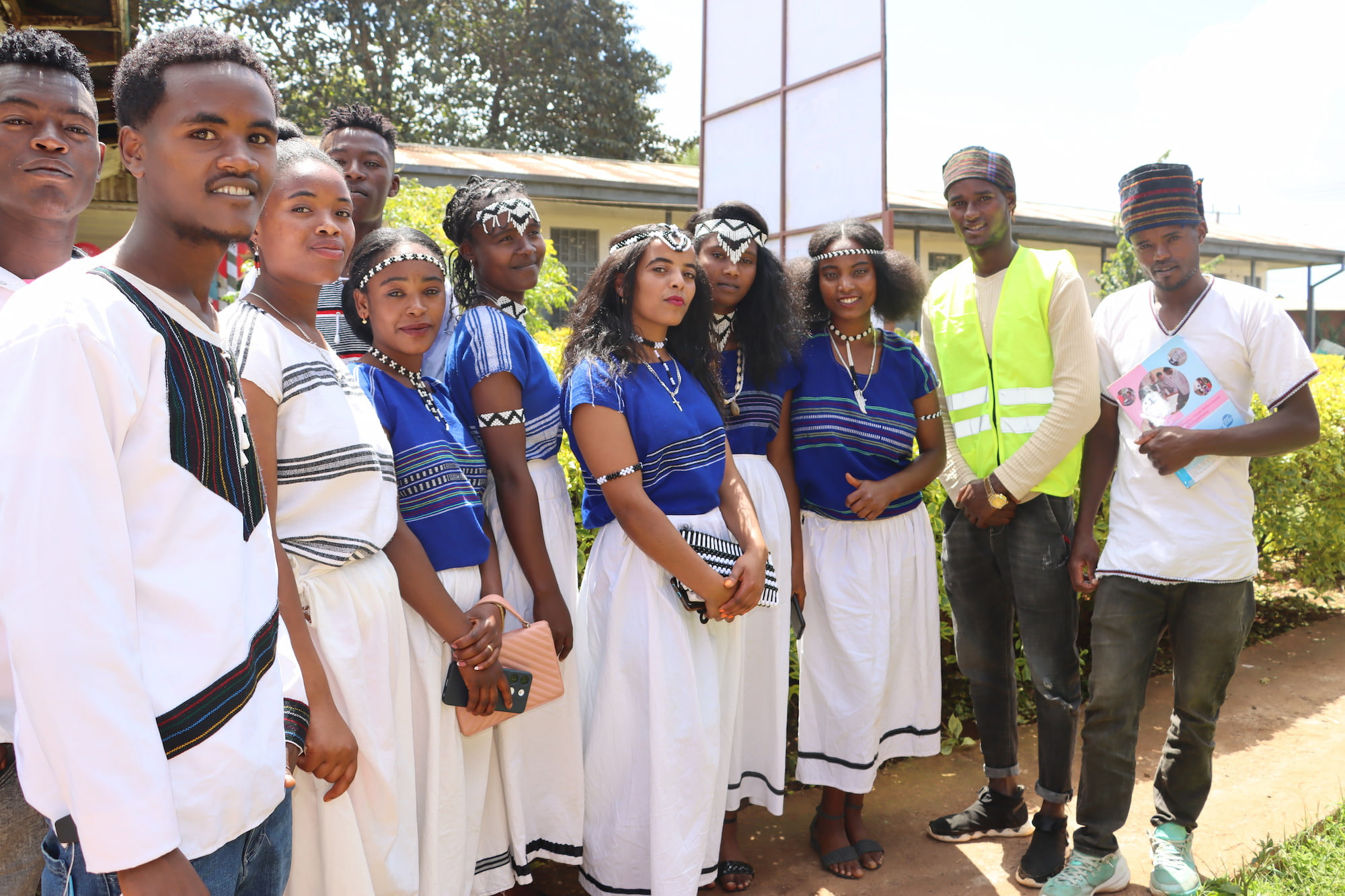
Funded by the Korea International Cooperation Agency (KOICA), the Integrated Adolescents and Youth Sexual and Reproductive Health and Family Planning project was launched in March 2019 in partnership with technical support from UNFPA. For more than four years, the project has been reaching out to targeted communities in six districts across two zones in Gedeo (South region) and West-Guji (Oromia region).
Photos: private
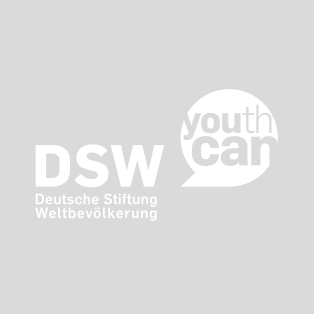


Comments